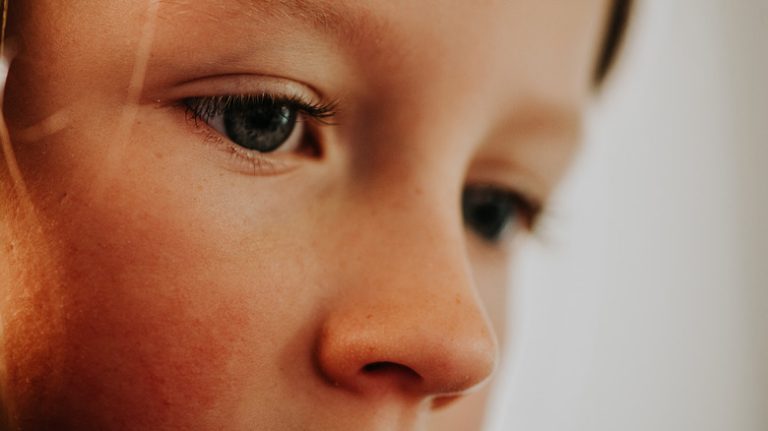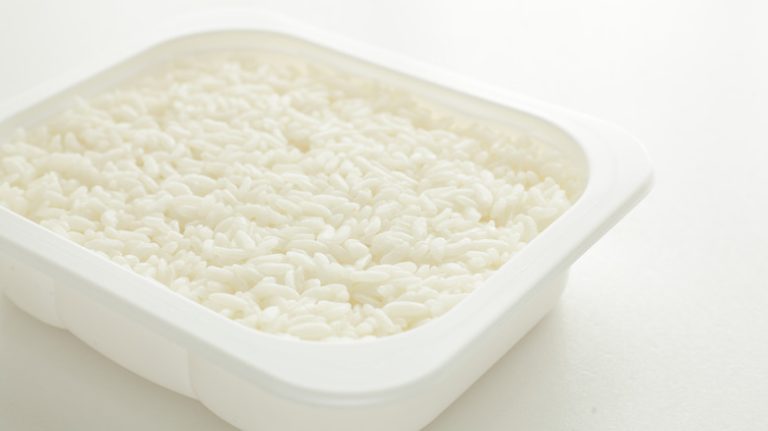When the word “craving” comes to mind, you might think of treats like chocolate or salty, fried foods. However, sometimes people crave something less indulgent, such as fish. According to health experts, this can signify a few different things.
Food cravings can arise from physiological, psychological, or emotional causes. Sometimes, they may simply be social or habitual, like craving popcorn during a movie. When it comes to craving fish, one common reason could be a restrictive diet. According to Dr. Michael Lam, a specialist in nutritional and anti-aging medicine, “Inadequate protein can make your body crave protein-rich foods such as chicken, fish, and meat,” Lam explains. A well-balanced diet can help ensure that your body receives not just protein, but all the necessary nutrients.
Protein is essential for most bodily functions, from maintaining healthy nails and hair to proper organ function. So, when you’re passing by the seafood aisle at the supermarket, consider picking up some sardines, salmon, or prawns to meet your recommended intake.
You enjoy eating fish or you’re looking for variety

Interpreting food cravings is a complex subject. In some cases, such as with fish, it might simply mean you enjoy that particular food. Perhaps you appreciate its texture or flavor, or maybe an over-baked halibut brings back childhood memories. It could also indicate a desire for variety in your diet.
While dietitians suggest that certain cravings – like those for salt, ice, fatty foods, and chocolate – might indicate health concerns, there’s insufficient evidence to prove that all cravings stem from nutrient deficiencies.
As registered dietitian nutritionist Sharon Palmer mentioned to Prevention, “There is very little science-based evidence on food cravings linked to nutritional deficiencies. If food cravings were related to something you need, then wouldn’t you crave kale or apples, not ice cream and French fries? Instead, people tend to crave foods rich in fats, carbs, and sugar.”
Why eating fish is good for you

Fish, or seafood in general, is an excellent source of omega-3 fatty acids. According to the Washington State Department of Health, fish also contains nutrients like vitamins D and B12, calcium, iron, zinc, iodine, magnesium, and potassium. Some believe that craving fish may indicate a deficiency in omega-3 fatty acids or nutrients like iodine, but more research is needed to support this theory.
The nutrients found in fish contribute to various health benefits, from maintaining a healthy heart to enhancing brain function and reducing the risk of conditions like inflammation, arthritis, diabetes, dementia, ADHD, and depression. As registered dietitian nutritionist Keri Gans noted (via Real Simple), “Seafood has many science-backed benefits for your mental health, immunity, cardiovascular system, and brain development.”
Ultimately, cravings can spark curiosity about the foods you’re constantly thinking about. In the case of fish, you know you’ll be adding a beneficial food item to your diet. Just ensure you manage your food cravings wisely, as excessive consumption of any single type of food is never advisable.




